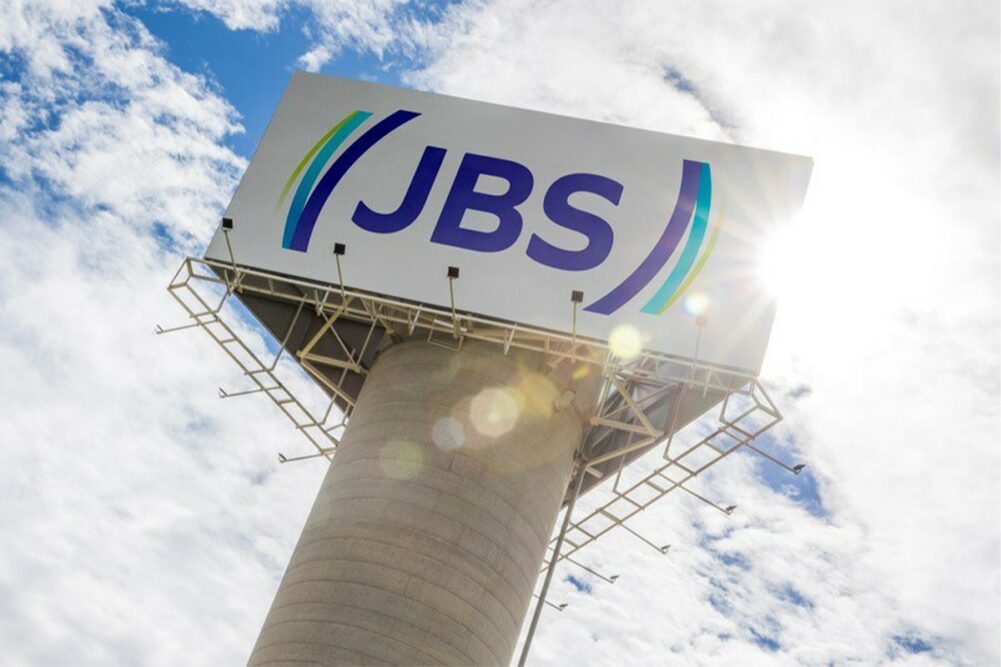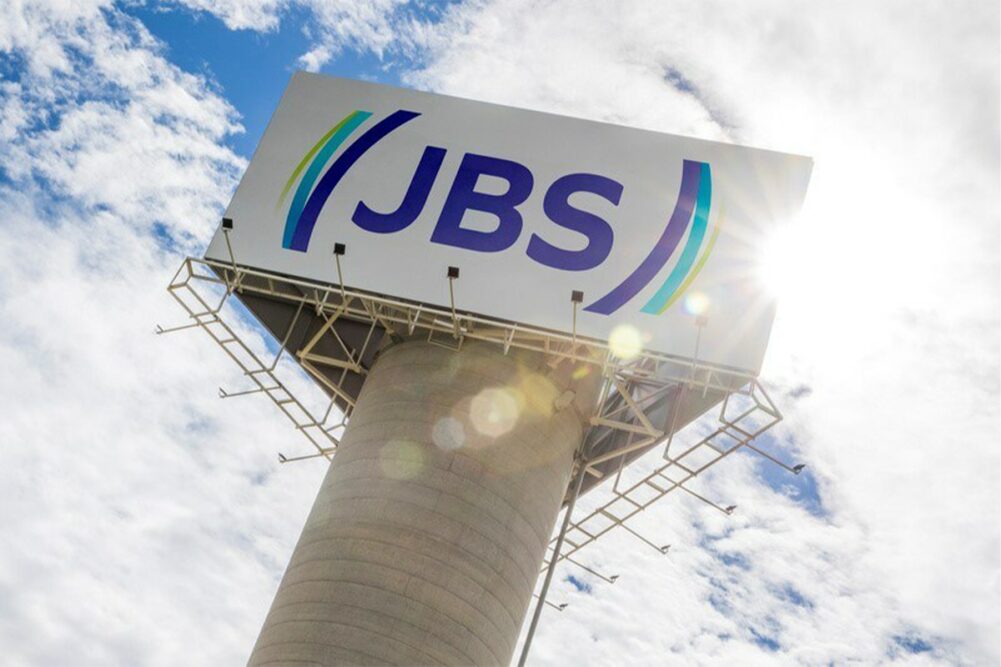JBS Unveils Expansion Plans for South America’s Largest Beef Plant Amid Booming Brazil-China Trade
In a bold stride towards dominating the global beef market, JBS has announced a significant expansion of its Campo Grande plant in Brazil’s Mato Grosso do Sul region. This R$150 million investment is set to transform the facility into the largest beef plant in Latin America and propel it into one of JBS’s top three global operations. The expansion is a direct response to the surging export capacity of Brazil, particularly to burgeoning markets like China.
Expansion Strategy and Increased Capacity
The Campo Grande facility, already a significant operation in JBS’s portfolio, is poised to see its production capacity double. Upon completion, the plant will boast the ability to process 4,400 animals daily. This expansion will not only increase production but also generate substantial employment, boosting the workforce from 2,300 to 4,600 employees. The scale of this expansion is unprecedented in the region and is a testament to JBS’s commitment to maintaining its lead in the global red meat processing industry.
Comparing Global Capacities
To put this expansion into perspective, JBS’s Dinmore facility in Australia, which is the largest in the country, operates a double shift that can handle 3,400 head per day. However, labor constraints have prevented it from reaching full capacity, particularly in the post-COVID era. The enhanced capacity of the Campo Grande plant underscores not only JBS’s operational ambitions but also Brazil’s strategic importance as a meat processing powerhouse.
Strengthening Ties with China
The expansion announcement coincided with a significant milestone: the first shipment of beef from the JBS Campo Grande II unit to China. This unit is among the 38 newly approved by the Chinese government, a move that marks a significant leap in Brazil-China agricultural trade relations. Gilberto Tomazoni, JBS’s global CEO, highlighted the approvals as monumental for Brazilian agribusiness, promising growth, job creation, and a boost to local economies.
Broadening Export Horizons
Before the recent approvals, Brazil had 106 plants authorized to export to China, a figure that has now increased to 144. Mato Grosso do Sul, in particular, has seen substantial growth, with the number of authorized beef processing plants rising from three to nine. This expansion in authorization will allow local production units to handle the equivalent volume of 2.3 million animals annually, a significant jump from the previous maximum of 467,000 head exported to China. This upsurge in export potential from 11.4% to 57.1% of the region’s beef production is a transformative development for the state’s economy.
JBS’s Broader Impact and Global Presence
The Campo Grande II facility, established in 2007 and acquired by JBS in 2010, is a major producer, churning out 440 tonnes of beef and 136 tonnes of burgers daily—equivalent to 2.4 million patties. This facility’s impact extends beyond China, with capabilities to export to major markets including the United States, Algeria, Egypt, the United Arab Emirates, Argentina, the European Union, and Chile.
JBS’s operations in Brazil employ 155,000 people, with 17,300 based in Mato Grosso do Sul across 25 factories dedicated to processing beef, chicken, and pork. This widespread employment and operational footprint underscore JBS’s role as a key player in the global meat industry and its influence on local economies.
Conclusion: A Strategic Expansion Reflecting Global Ambitions
JBS’s investment in the Campo Grande facility is a clear signal of its strategic priorities and its bullish outlook on the global meat market. By doubling the plant’s capacity and securing expanded market access to China, JBS is not only enhancing its production capabilities but also solidifying its position as a leader in the meat processing industry. This move is likely to have far-reaching effects, fostering economic growth in Mato Grosso do Sul and reinforcing Brazil’s status as a critical player in the global agricultural export market.
Related: JBS Getting Ready for China

Source: Beef Central


